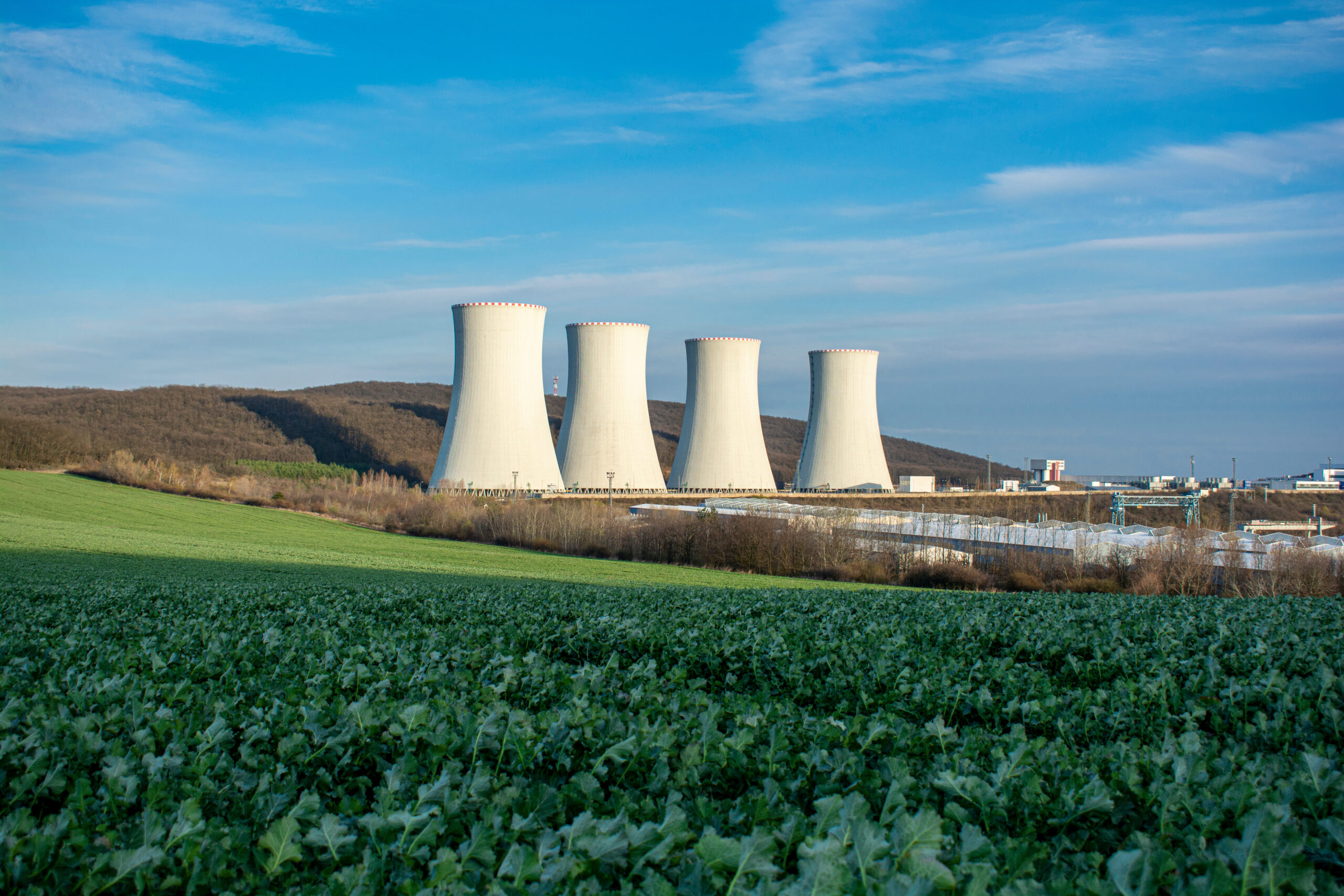As the 245th anniversary of the signing of the Declaration of Independence is upon us, I can’t help but reflect upon the fiery passions of freedom that burned within the souls of those who not only fought in the American Revolution, but fought in many of the political revolutions around the globe, throughout human history. What motivated them? What burdens did they carry? And does that fiery passion still exist in America and the world today?
When we look back to the beginning of recorded history, we find thousands of examples of unrest, rebellion, revolution, and yes, rioting. Violence, while not an ideal, is a tool of last resort that even the Founding Fathers of this country used. It gives voice to those who feel they have no other option to be heard. It is hard to look back on the past year and not see a common thread here in the US.
Some find this hard to believe. I suppose this is because, for many, the American Revolution, Independence Day, etc., are viewed as some kind of completion. A summit on the mountain of liberty, if you would. This is far from the case.
The reality is that for most of human history, nearly all mankind has been enslaved in some form or another — physically, economically, politically, etc. In recent human history, the tyranny of monarchies gave way to oligarchies (a natural step to something better) through momentous steps like Magna Carta. Eventually, through events like the American Revolution, the Glorious Revolution and Reform Act of 1832 in England, equality before the law and inalienable rights became reality for all property-owning white males in certain countries.
Let us pause here and note that the practical implications of history and personal failings do not nullify the ideals that great men like Thomas Jefferson and Marquis de Laffeyette set to paper. All men, all women, all genders, of any nation, race, or creed should be free and equal before the law. Economic opportunity and the pursuit of happiness should be accessible to everyone.
The revolution continued. As systems similar to English Common Law and the US Constitution began to be adopted around the world and republican democracy grabbed hold in the western world, these rights were extended to all white males 21 and older in those republics.
But the revolution continued. Great strife around the world and violence here in the US led to the freeing of all human beings from physical bondage. Turmoil surrounded the suffrage movement around the globe that eventually extended many rights to women.
In America though, the rights extended to blacks, people of color, and women were partial, far from complete, so the revolution continued.
Boycotts, sit-ins, landmark case law, national legislation, and yes, even unfortunate violence led to many legal changes to extend the ideals written long ago in the Declaration of Independence to all people in the US.
But what about economic opportunity? What about ancient laws and practices created under a system of racism? What about the prejudice that too many still hold?
The War on Drugs and the War on Poverty have failed. Our criminal justice system continues to incarcerate more than the rest of the world, and those held are disproportionately black. Top-down government solutions have done little to improve the economic plight of the poor among us, both minorities and white. Segregation by choice rather than law and aging generations who feel like they’ve done enough have left many fed up.
And so the revolution continues.
It’s not just here, but around the world. Protests in Hong Kong, the Arab Spring, and dozens of other movements where people are standing up for economic opportunity and equality before the law. Economic and political bondage are not to be tolerated any longer. And the revolution will not stop because the quest for power and the stains of prejudice are, quite honestly, part of the human condition.
“But wait!” you might say. “What about the Marxists, the extremists, who are using these movements as a ploy to destroy our way of life?” To that I say, if you are unwilling to pick up the banner of liberty and to continue the revolution, then someone else more nefarious will do it instead. If you will not listen to those who struggle, if you will not stand with the voiceless, if you will not struggle for the ideals of the American Revolution for all people (without caveats), then you risk allowing the tyrants to take control.
This is not theory, but historical observation. Look to early 20th-century Russia, look to China, Cuba, and many others in South America, East Asia, and Africa. We cannot ignore the plight of portions of our population. Until everyone is truly equal before the law and economic opportunity is available to all, the revolution is not finished.
I implore you to seek to understand those whose experiences are different than yours. Look at the data, read the history, consider the simple realities of race relations in this country. Ignore the superficiality of social media. We must find the doors of opportunity that have been closed to the poor and open them using market forces and substantial public policy improvements.
The vast majority of people in pain right now are not Marxists or extremists, but are our brothers and sisters who are voicing their real frustrations. They simply want to enjoy the fruits of the revolution that we cherish so dearly. Make no mistake, the amount of prosperity generated through concepts like private property, free enterprise, and republican democracy is more than any other point in history. Fine tuning the system to work for everyone is an on-going process.
When 56 men came together to affix their names to a letter to the King of England and Parliament, it was a message to the world that the revolution continues. We should not carry our own prejudices against the ideals they laid out. Just because they were white, male, and wealthy does not mean that what they declared was untrue. They struggled to live up to it then, just as we struggle to live up to it now.
So, as you celebrate the Fourth of July, just remember that the Declaration of Independence and the American Revolution were not an ending point, but a beginning — a prominent marker in the annals of history showing the world that the Human Revolution continues and that many are willing to make the sacrifice to include all people in it.
Are you?





